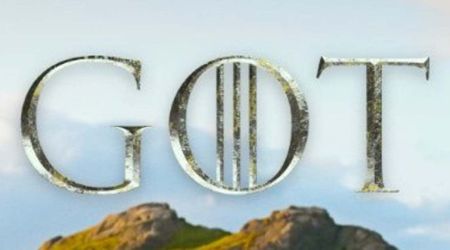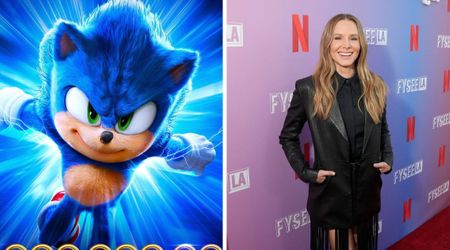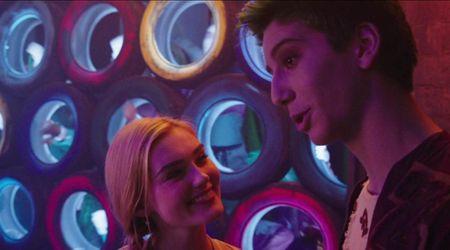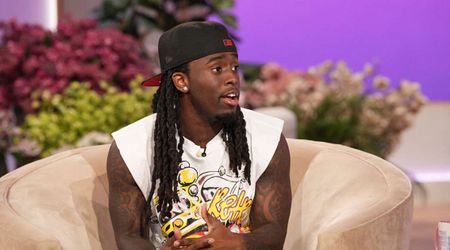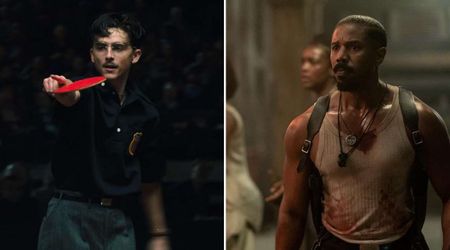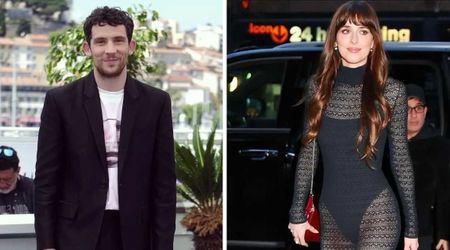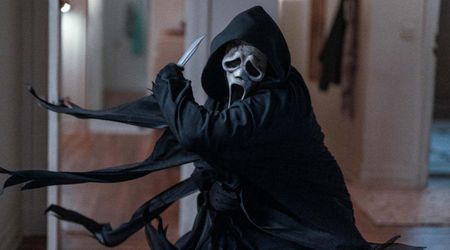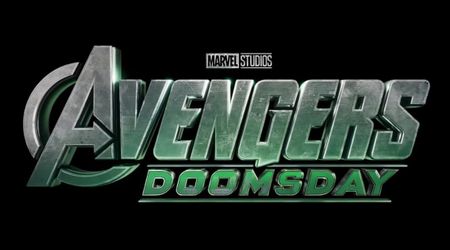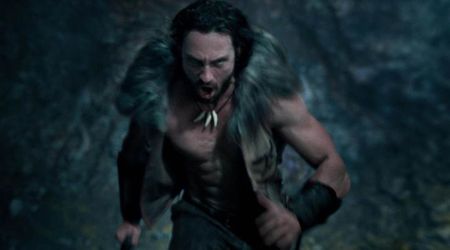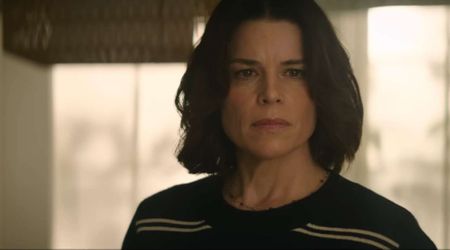The Black Panther effect: How a Marvel superhero film changed the unconscious bias of a global audience

Marvel's Black Panther unleashed itself on the world in February this year and we're still feeling its ripples. It was the first time that a superhero film had spoken volumes about a culture that was only represented in massive budget films by the 'guy who died first' or the 'sidekick to a white guy' – depriving the world of a rich heritage that was until then unjustly stereotyped.

The African-American community was perhaps for the first time well represented by an all-black major cast that wasn't seen as a quote-filling moment. After all, the film did exceptionally well – grossing over $1 billion at the global box office in just 26 days of hitting screens. It was a moment of awakening for all those who believed that black actors couldn't handle a leading star status. Quite ridiculously similar to the time when it was considered that films with women at the center didn't do well; and then came Wonder Woman and punched those beliefs in the face. Directed by Ryan Coogler, the film dispelled the myth that black films cannot smash box office records.
It would be wrong to say that Black Panther is the one good film with black actors that did well – take a look at Golden Globe and Academy Award winner Moonlight, a film that not onky had an all-black cast but also spoke of homosexuality.
The film was called the 'Best Film of the 21st Century So Far' by The New York Times. There's also the historical film Selma, directed by Ava DuVernay and the Academy award winner Get Out, the thriller that was written and directed by popular black comedian Jordan Peele. But that's the thing: How many films can you count, on your fingers, that have been black-centric and have received accolades and awards and made a lot of money at the box office? The answer is an unfortunate, few. None of them swept everyone away like this one.
Black Panther changed the game. It showed the world that black-centric films are bankable and have international appeal. The fact they are inclusive makes them even more profitable. It smashed the myth that films with female or colored protagonists aren't able to gather enough interest amongst audiences overseas. It made $516.6 million overseas and $1.5 million in China alone. The production cost of this film, like any other in the Marvel and DC universe was $400 million.
It opened the doors for black filmmakers and actors to have a chance to explore more. There have been three major releases after the film came out starring colored actors in meaty roles that allow them to really be a part of the creation. It didn't just allow African Americans to come to the forefront, it brought along the other shades as well! A Wrinkle in Time, for example, has powerhouses like Oprah Winfrey, Mindy Kaling, Gugu Mbatha Raw and Ava DuVernay, who by the way is the first woman of color to be directing a $100 million live-action film.
Pacific Rim: Uprising, has actor John Boyega at its center, which took over Black Panther's number one spot at the box office over the weekend. Boyega, who has his roots in Nigeria, also agrees that Black Panther has had a role to play in teaching people to embrace the culture.
He told ABC Radio in a recent interview, "Black Panther has done a lot. I remember back in the day as a young black kid when being African wasn’t the coolest thing." The films are, after all, a reflection of our society.
Then there's the recent Tyler Perry release Acrimony, in which Taraji P Henson plays a betrayed wife who takes matters into her own hands. The film has got mixed reviews from critics and opened to a decent $17.1 million. This is the second release Henson, one of the most popular black actresses, has had this year with Perry. The last one was another film with her at the center playing a haunted assassin named Mary Goodwin in the film Proud Mary. Though it received negative reviews, it has grossed $21 million.
Black Panther took on the role of the Hand of God – it made it's way to New York Fashion Week and the College Football championships. It even had a brand like Lexus holding its hand for its full-fledged multi-million dollar campaign for its new sedan. Chadwick Boseman was in the middle of it all, looking super badass making history – as it was the first time that a global campaign had a black face on it, and not as an invisible friend.
Blackness is taking it's rightful spotlight in the middle of it all, and it is definitely here to stay. Black Panther, it turns out, didn't just save Wakanda. In the lines of T'Challa, the Black Panther himself, when he's quizzed about what can a nation of farmers have to offer the world, "You’ll see." And see we shall.

